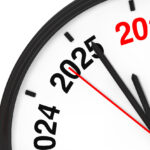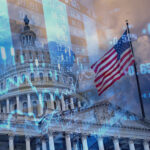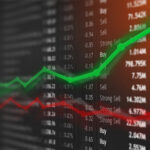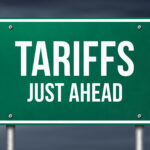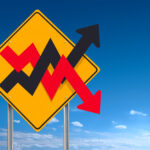Market Volatility Increases Going Into August
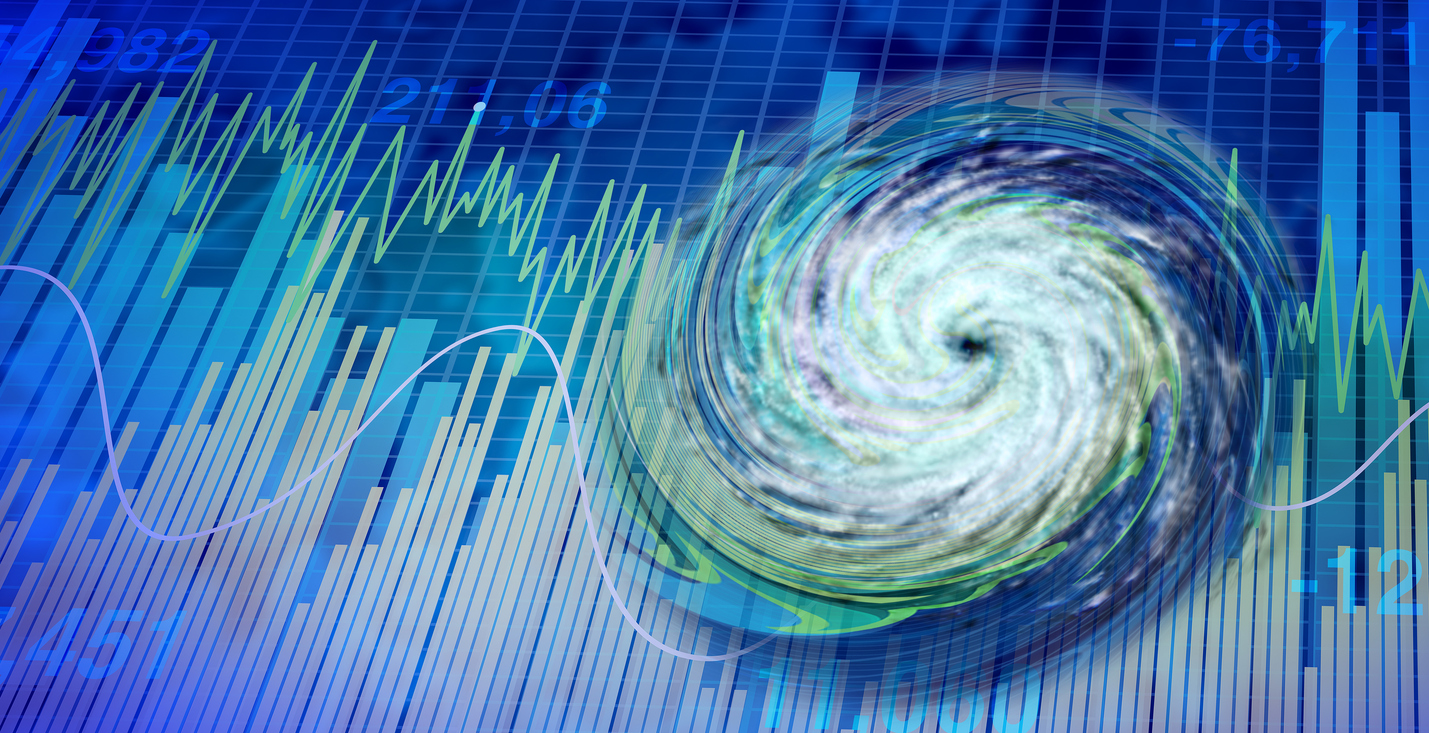
Temperatures are not the only thing rising as we head into the last days of summer. Investors have experienced heightened volatility over the past few weeks. The current landscape of the financial markets has been marked by increased volatility and a rise in outside trading days, creating a dynamic environment for investors. Outside trading days, characterized by substantial price movements beyond the typical range, have become more frequent.
One significant driver of this volatility is the ongoing economic uncertainty. Global markets are grappling with the effects of inflation, fluctuating interest rates, and geopolitical tensions. Central banks worldwide have taken divergent approaches to monetary policy, leading to unpredictable shifts in market sentiment. For instance, the Federal Reserve’s aggressive interest rate hikes aimed at curbing inflation have resulted in heightened market sensitivity to economic data releases, causing significant price swings.
The advent of advanced trading technologies has also contributed to increased market volatility. High-frequency trading (HFT) algorithms and automated trading systems can execute large volumes of trades in milliseconds, amplifying price movements. These systems often react to market signals more swiftly than human traders, creating rapid and sometimes exaggerated price fluctuations.
The introduction of retail investors, spurred by the accessibility of trading platforms and social media, has injected additional volatility into the markets. Retail investors, often driven by sentiment and momentum rather than fundamental analysis, can collectively move markets in significant ways. The GameStop saga of early 2021 is a prime example, where coordinated buying by retail investors led to extreme price movements, catching institutional investors off guard.
Earnings season often adds to market volatility. Companies releasing their quarterly results can lead to significant price movements, especially if the results deviate from analysts’ expectations. Positive earnings surprises can propel stock prices upward, while disappointing results can lead to sharp declines. The anticipation and reaction to these earnings reports contribute to the frequency of outside trading days.
Geopolitical developments also play a crucial role in market volatility. Events such as trade wars, political unrest, and conflicts can trigger sudden shifts in market sentiment. For instance, the ongoing conflict in Ukraine has caused significant fluctuations in energy prices, impacting global markets.
It is understandable that increased volatility may cause anxiety for investors. This is why it is important to have a strict set of investment rules in place. This can help you avoid making emotional based decisions during times of market turmoil. At Victory we employ a specific set of math-based rules that we abide by regardless of market fluctuations. We would be happy to help you integrate these rules into your own portfolio. If you are interested in having us review your portfolio, please give us a call. We are happy to help.
 ASHLEY ROSSER, PRESIDENT
ASHLEY ROSSER, PRESIDENT
Prior to her career in the financial services industry, Ashley earned her Bachelor of Science in Nursing from Cedarville University.
Ashley decided to make a career change from her ten years within the healthcare industry as a pediatric emergency room nurse to retirement and 401K investment planning. She joined Victory Fiduciary Consulting in 2008 after obtaining her Series 65 professional financial license and went on to earn her AIF (Accredited Investment Fiduciary) professional designation from the Center for Fiduciary Studies.



